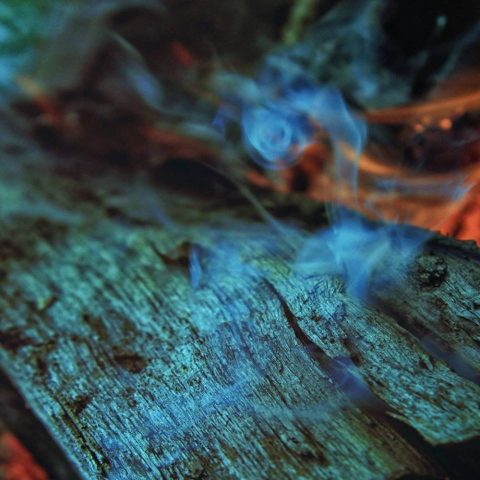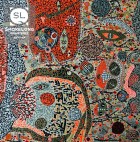The protagonist in your story talks about “careful violence” and this seems to sum up your approach to the language and structure used to tell this tale. There are hard breaks between paragraphs. There is searing imagery. How much of this was planned and how much grew out of the writing process?
This story was created out of an attempt to write a poem based on labor and work. I had an image of a young girl witnessing how the violent nature of a physically and emotionally grueling job and work environment could act like a poison of sorts and slowly infect and corrode a family. From this starting image, I built the world that is the tree cutter’s life.
You describe yourself as a lover of film. How does this influence your writing?
I am a very visual writer. I attempt to translate a series of images into words and build a story from there. This goes back to your earlier comment about hard breaks. I often think that the hard breaks in paragraphs come from the influence that film has had on me. Often, there are abrupt cuts in films. This story is a great example of that. Also, since cutting, splitting, violence and breaking are a part of this story you can feel it in the structure/form employed to tell the story. It was originally longer, so I had to cut it down quite a bit.
You write poetry. What is your thinking on the distinction, or connections, between poetry and flash fiction?
I believe a poem can often be a self-contained story and with the loosening rules on what is a poem, I often blur the lines. I just have to make sure that there is enough substance to my fiction writing. Fewer poetic literary devices and more of a fiction structure. I do believe that flash fiction and microfiction are the cousins to long-form, free-verse poetry.
What are you writing and reading these days?
Lately, I’ve been writing poetry, short fiction and assisting on two plays written by my mother, Joanne John. She’s a playwright from Trinidad. What am I reading? Roxane Gay everything. The story “North Country” by Roxane Gay is truly remarkable.
Canada is home to some stellar fiction writers. How has this influenced your reading?
I’m from Ontario, Ottawa, to be specific, so Margaret Attwood and Alice Munro were taught to me in school. I just read the most incredible short story, “Unearth,” by Alicia Elliot that was originally published in Grain and then included in The Best American Short Stories edited by Roxane Gay. She in an extremely talented, award-winning Tuscarora writer.
Any thoughts on being an emerging writer?
This process of having a story selected for SmokeLong Quarterly has been quite exciting. As an emerging writer from Canada, I’ve found it a little difficult to find outlets for my writing here and I hope to be able to publish locally, too.
In your writer’s bio, you say you love comfort food. What are we talking about, here?
I love anything someone’s grandmother would have taken the time to cook for them. If it was good, of course. Family food. A great home-cooked meal. Food that evolved out of necessity, with history, cooked for large groups. Food to keep you warm, to warm your soul. Most food from the American South.


